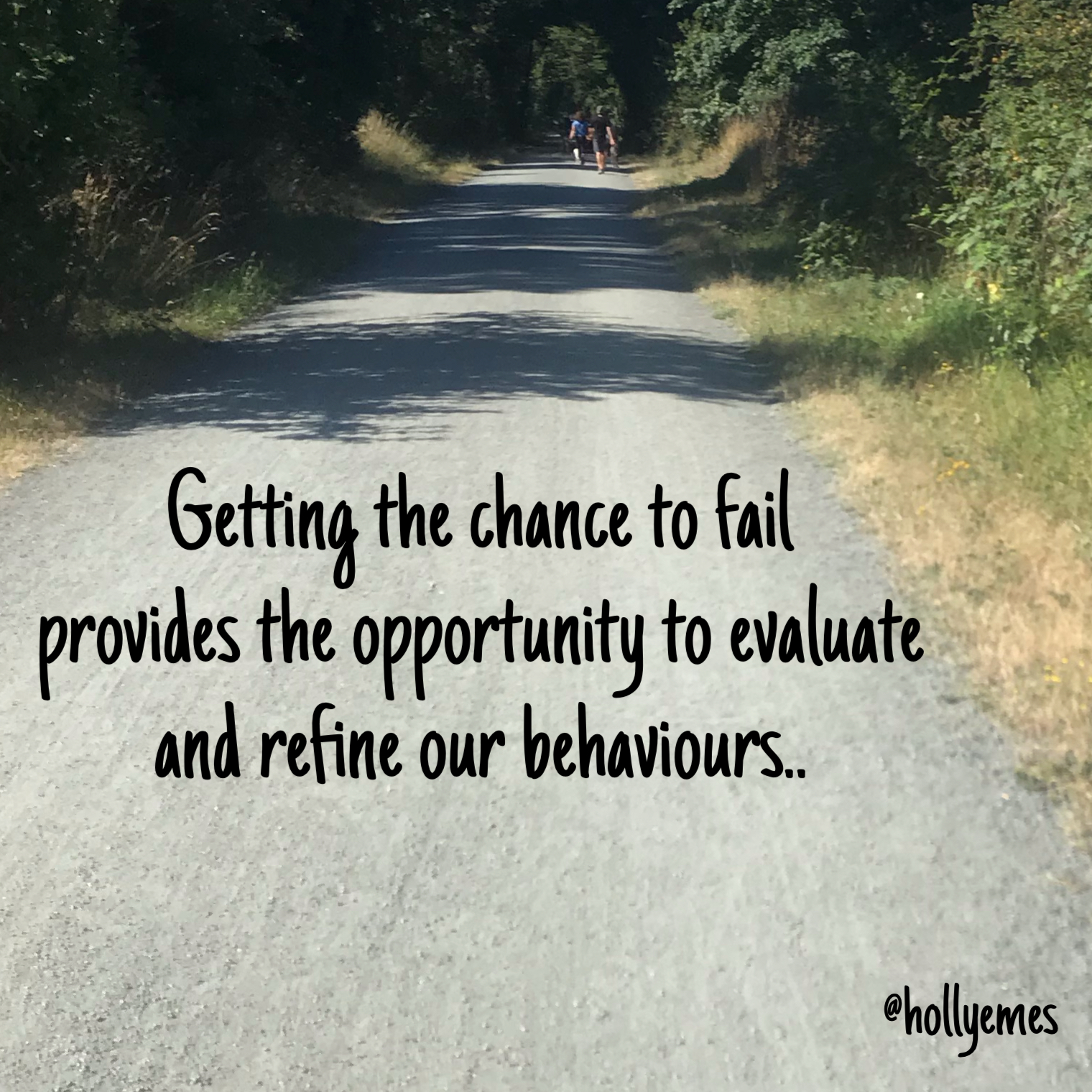It’s the middle of March. By now, you are either killing your new year’s resolutions, killing yourself to stay the course, or killing yourself for failing . . . again.
An estimated 80% of people fail to achieve their New Year’s resolutions, according to U.S. News and World Report, and most people have given them up by mid February. The other 20% may be on track for now, but the likelihood of them maintaining their goals beyond the year is very low. Why? Why do we engage in this practice when it is clearly not working? Why isn’t it working? And, why are you feeling like you are a failure and beating yourself up for something that isn’t working for the majority of people?
Ugh, there is so much happening here, so let’s narrow this down to the most impactful reason why you are not reaching your goals . . . so, here it is – you are setting the wrong goals. Yes, it truly is that simple and I am not being facetious. The goals we have been taught to set, in school, in our work, at our gyms, etc., are outcome goals. Here is an example of an outcome goal: I will lose 24 pounds by June 30, 2021. An outcome goal specifies a desired result you wish to achieve (quit smoking, lose weight, lift my booty, do a handstand) and our ability to achieve these are simply not that simple.
Now, I know that many of you are thinking, “But, I created a SMART (Specific, Measurable, Action oriented, Realistic, and Time limited) goal and an action plan, so I WILL be able to reach my goal.” This is great, however, I’m sorry to tell you that, although SMART goals and action plans are effective, they cannot compensate for the fact that outcomes are never a guarantee -ever (I don’t care what someone is trying to sell you)!
Here’s why: outcome goals involve striving toward achieving results over which we have limited control. There are just too many variables involved in any given day for us humans, making outcome goals frustrating, and oftentimes futile to attempt. If we can all be honest with ourselves, we have achieved many outcome goals through sheer will and determination only to lose all that we achieved when we become exhausted by the work involved in keeping it up. As I stated in my blog post, Go Gently Into This New Year, when we embark on goals that require us to focus all our energy and attention to just one thing, we become depleted, and unbalanced, and this is simply unsustainable over the long term.
So, what is the alternative? Behaviour goals. A behaviour goal is focused on the actions involved in creating new and sustainable habits. “I will walk for 30 minutes everyday after I get home from work.” This is a behaviour, not an outcome. It is achievable, and it increases the likelihood of achieving desired outcomes, though it does not guarantee them. Behaviour goals that are directed toward achieving a feeling, rather than an outcome, are extremely powerful. How do you want to feel? What matters to you in terms of how you show up in the world today and everyday? Go for the feeling! When you achieve the feeling, it will motivate you to continue with the behaviour. I know that in the past when I was killing myself to achieve certain outcomes, I felt pretty terrible about myself for constantly failing to achieve my goals. I worked and tried so hard, and not only did I not achieve desired outcomes, I blamed myself for it – not super motivating.
So here is the challenge I would like to offer you: GIVE YOURSELF THE CHANCE TO FAIL. Explore new behaviours to add to your life. Greet them with an open mind and with curiosity. Ask yourself whether they add to the feelings you are trying to cultivate in your life (e.g. feeling calm and balanced, energized and vibrant, grateful, or strong). If you begin practicing a new behaviour and it feels depleting, results in a narrowed or limiting focus in your life, thus preventing you from fully engaging in all valued life domains, be willing to pitch it and try something else. If the new behaviour feels good, focus on that good feeling and keep – on – keeping on!
Love, Me
